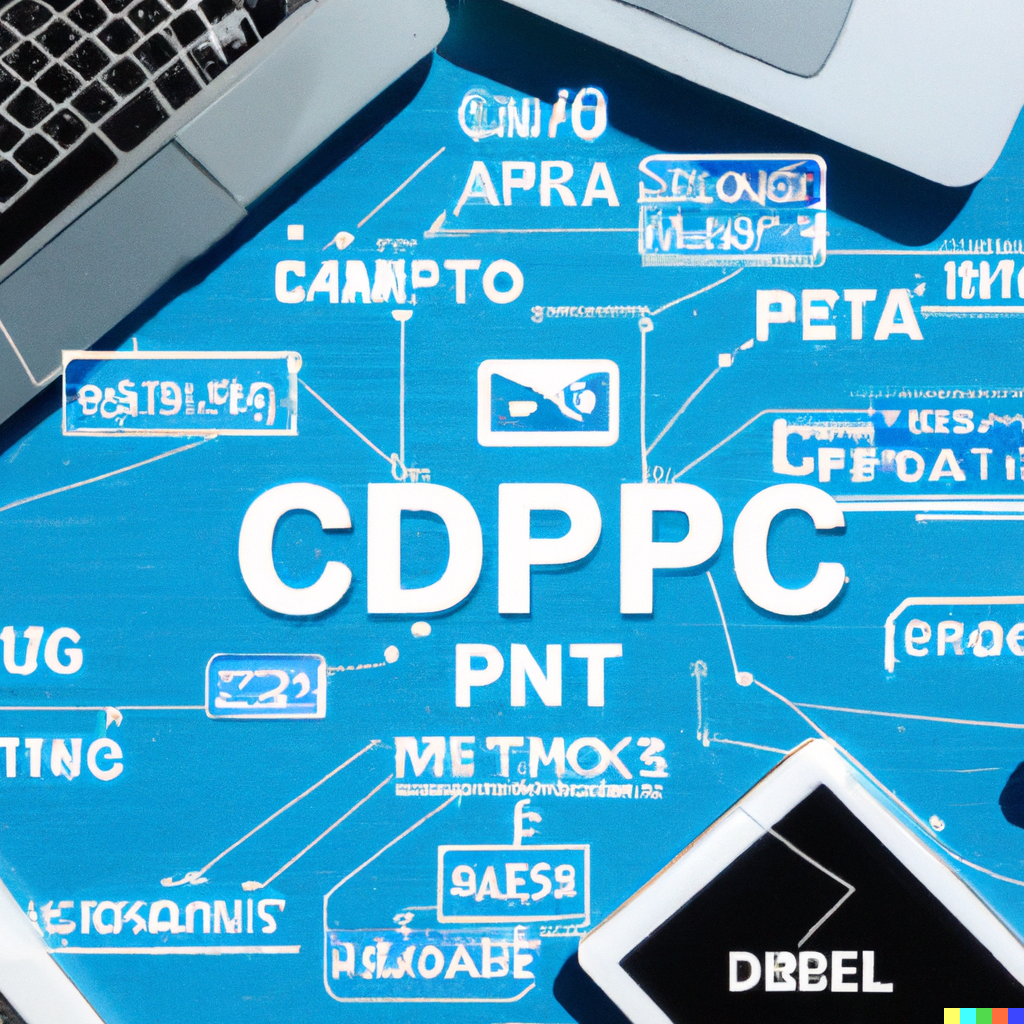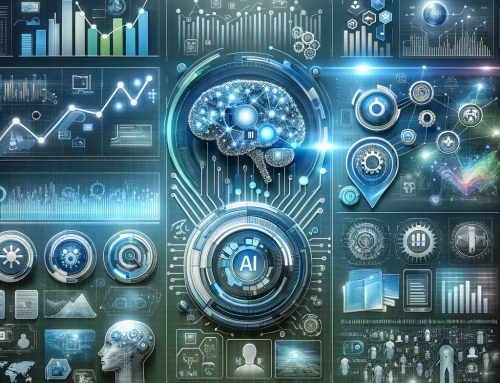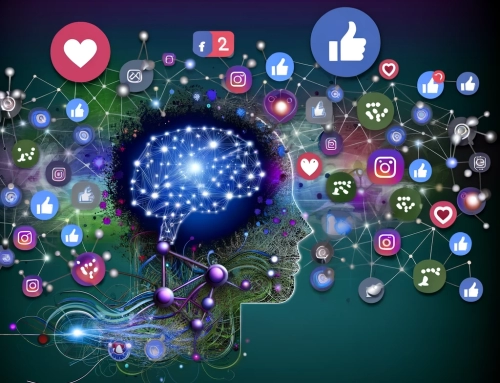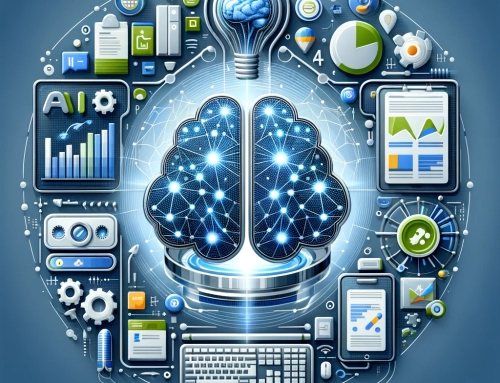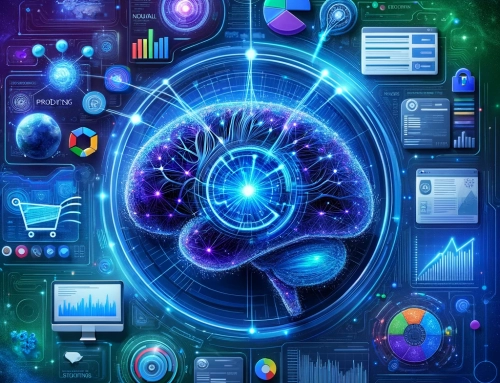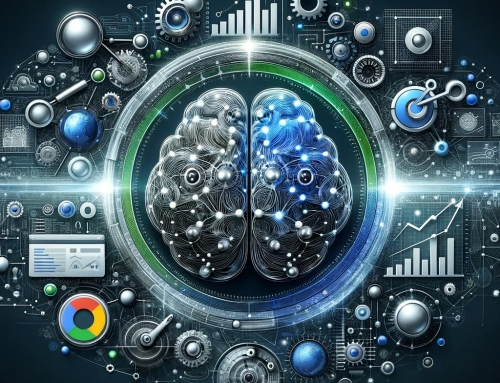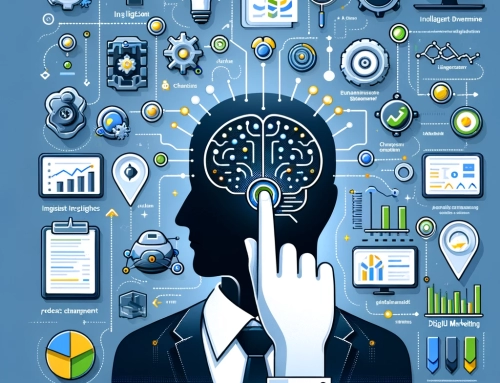Digital marketing, Artificial Intelligence (AI), and Customer Data Platforms (CDPs) are three technologies that are rapidly changing the way businesses interact with their customers. In today’s digital age, customers expect personalization and relevance in their interactions with companies, and businesses are turning to these technologies to meet these expectations and improve their marketing efforts.
Digital marketing refers to the use of digital channels, such as search engines, websites, social media, and email, to promote products and services. With the growth of digital channels, the amount of customer data available to businesses has increased dramatically. This has created a need for more effective ways to manage and utilize customer data to inform marketing efforts.
Customer Data Platforms (CDPs) provide a centralized system for collecting, managing, and utilizing customer data. CDPs allow businesses to create a single, unified view of the customer by collecting data from multiple sources, such as website behavior, purchase history, and demographic information. This comprehensive view of the customer can then be used to inform marketing, sales, and customer service efforts.
Artificial Intelligence (AI) is a rapidly growing field of computer science that focuses on creating intelligent machines that can perform tasks that would normally require human intelligence. In the context of marketing, AI can be used to analyze customer data, identify patterns, and make predictions about future behavior. AI algorithms can be trained on customer data to provide insights that can inform marketing efforts and improve customer experience.
When used together, digital marketing, AI, and CDPs can have a powerful impact on customer experience and business results. Here are a few ways in which these technologies can be used together:
- Personalization: CDPs provide businesses with a comprehensive view of the customer, which can be used to personalize marketing messages and interactions. AI algorithms can be trained on this data to understand each customer’s preferences, interests, and behaviors. This can help businesses to deliver highly relevant and personalized experiences that increase engagement and drive sales.
- Predictive Analytics: AI algorithms can be used to analyze customer data and make predictions about future behavior. For example, a CDP could use AI to analyze purchase history and website behavior to predict which products a customer is likely to buy next. This information can be used to inform marketing and sales strategies and improve the overall customer experience.
- Chatbots: AI-powered chatbots can be integrated with a CDP to provide customers with personalized and highly responsive customer service. The CDP can provide the chatbot with information about the customer’s history, preferences, and behaviors, which the chatbot can use to provide tailored and relevant support.
- Omnichannel Marketing: CDPs can collect data from multiple sources and create a unified view of the customer, which can be used to inform omnichannel marketing efforts. AI algorithms can be used to analyze this data and understand the customer’s behavior across different channels, such as email, mobile, and web. This information can be used to deliver highly relevant and personalized experiences that improve customer engagement and drive sales.
- Fraud Detection: CDPs can be used to detect fraudulent activity by analyzing customer data and behavior patterns. AI algorithms can be trained on this data to identify suspicious behavior, such as abnormal purchase patterns or sudden changes in behavior. This can help businesses to detect and prevent fraud while also improving the overall customer experience by reducing false positives.
These are just a few examples of how digital marketing, AI, and CDPs can be used together to improve customer experience and drive business results. However, it’s important to note that these technologies are not a silver bullet, and their effectiveness will depend on the specific use case, data quality, and the ability to execute on

